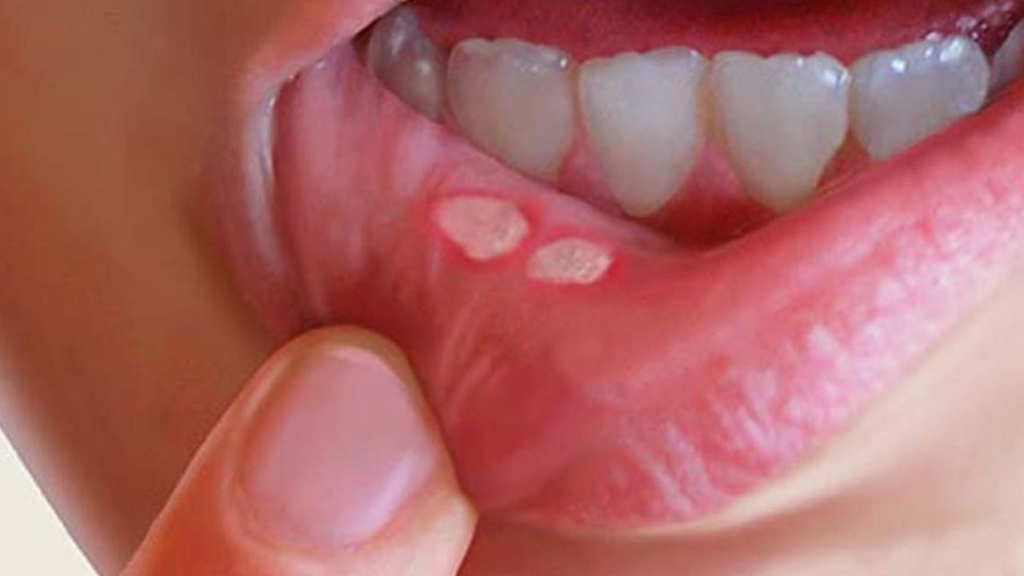The lip cancer usually develops on the surface of the lip, be it upper or lower lip, however more prevalently on the lower lip. Lip cancer is considered to be a kind of mouth (oral) cancer. The majority of lip cancers are Squamous Cell Cancers, meaning they begin in the flat, thin cells of the outer and middle parts of your skin, known as the squamous cell.
There are various risk factors that can increase the chances for lip cancer development. You may notice various symptoms that may be usual but can become cancerous if not treated timely. This blog will cover every relatable aspect about lip cancer that will help you understand and deal with your symptoms better.
Lip Cancer Overview
Being a form of mouth cancer, developing lip cancer may feel frightening, but the good aspect is that, if detected early enough, it can be managed well. It is a form of cancer that develops in the squamous cell layer that lines the facial and oral structures like the tongue, lips, the throat and cheeks. Lip cancer is characterized by a high success rate due to the fact that it typically gets diagnosed at the beginning stages.
Treatment for cancer of the lip typically requires primarily surgery to remove the cancer, but also can be treated by radiotherapy . For smaller lip cancers, the surgery could be a less deforming procedure with little impact on appearance and function and the lip can be stitched with the other end in the lip itself .
For lip cancers that are larger the need for more extensive surgery could be required. Skin from adjacent regions such as the nasolabial area or cheek or sometimes forearm or chest for very large defects . Most crucial aim of rehabilitation is the ability of the patient to be able to close the lips . A careful plan and a thorough reconstruction will ensure that you are able to eat and talk normally and have a pleasing appearance following surgery.
Surgery also accompanies lymph node dissection from the neck as this cancer is spread in the body first in the neck .
Lip Cancer Symptoms
During the initial stages of lip cancer, the symptoms could be mild and include a slight visible or discolored area. As the disease advances, sores will appear and get more persistent, becoming larger and more uncomfortable. However, listed below are a few signs that may indicate the beginning of lip cancer.
- A lesion, sore or lips ulcer that does not heal
- Bleeding or pain around the lip area
- Swelling jaw
- Red or white patches on the lips
- A pale lip that resembles a scar
- Itchy or crusty patch on the lips
Common Risk Factors
Listed below are a few risk factors that led to causing lip cancer:
Tobacco Use: Smoking cigarettes in particular contains a variety of carcinogens that harm the lining of the lips and trigger abnormal cells to multiply.
Alcohol: Excessive alcohol can be harmful; however, a combination of tobacco and alcohol poses the greatest danger.
Health History: We must pay close particular attention to a patient’s medical history because both Human Immunodeficiency Virus (HIV) and Human Papilloma virus (HPV) infections can create chances of developing lip cancer.
Lip Trauma: A series of self-inflicted injuries or a habitual chewing routine could cause a problem for the development of lip carcinoma.
Oral Hygiene: Patients with poor oral hygiene appear to be more at risk for lip cancer.
Other Causes
- Exposure to the sun or other UV light
- Having light-colored skin
- Older than 40 years of age
- Male sex
- Immunosuppression
Lip Cancer Diagnosis
Mentioned below are a few diagnostic tests that your doctor might suggest if they suspect the presence of cancer cells on your lip.
Physical Exam: During this examination your doctor will inspect your lip area, while analyzing the signs. Sometimes, they may also examine your face and neck to look for cancer indications.
Complete blood count: While CBC is useful in diagnosing various diseases like cancer, through this test your doctor will understand whether there are significant fluctuations or declines in the number of blood cells.
Soft tissue biopsy: The doctors extracts a small amount of affected tissue and then sends it to a pathology laboratory for further examination.
Imaging Tests: Your doctor may order a CT scan, PET scan, or employ MRI to determine whether cancer has spread beyond the lip.
Endoscopy: If your physician suspects the cancerous cells are spreading to your lips, they can suggest endoscopy. During this procedure, an extremely small camera is placed down your throat to check for cancer indications.
Treatment Options
Mentioned below are some treatment options for lip cancer that your doctor may recommend after your diagnosis:
Surgery: Surgery involves the surgeon to remove the cancerous lesion, and then repairing the lip. If you’ve got a larger cancerous tumor, reconstructive surgery is a possibility to make you look better.
Radiation Therapy: The treatment employs powerful X-ray beams that destroy cancerous cells. It can be used as a stand-alone treatment or after surgery to eradicate any remaining cancerous cells.
Chemotherapy: If the lip cancer is spreading to different regions of your body, chemotherapy might be suggested to help ease the symptoms. Drugs are given in pill form, or through veins (intravenously) to destroy cancerous cells. Sometimes, chemotherapy is combined along with radiotherapy.
Targeted Drug Therapy: In most cases, it is combined with chemotherapy which targets specific proteins and genes of cancer cells. This could alter the environment surrounding cancer cells, causing their death.
Immunotherapy: This improves your immune system, which helps to fight cancerous cells. The treatment can be performed by itself or in conjunction with other treatments for cancer. In the case of lip cancer it is generally employed when the cancer gets advanced and treatment alternatives are not an option.
Prevention
Listed below are a few tips by which you can lower the chances of developing lip cancer:
- Stop using tobacco and stop smoking. These substances can expose the cells of the lips to harmful chemicals, causing cancer.
- Avoid going in the sun directly in the middle of the afternoon.
- Make sure you use a broad-spectrum sunscreen that has an 30 SPF. Apply sunscreen evenly, and reapply after every two hours, or more often if in the water or sweating.
- Avoid using tanning beds, since the UV rays from tanning beds are harmful and may increase the chance of getting lip cancer.
- Avoid developing lip cancer by lessening alcohol consumption.
Wrapping Up!
For any illness it is important to detect the problem early. It is crucial to speak with a specialist when you spot something unusual. The treatment of lip cancer can be the same as other types of oral cancer.
A diagnosis of lip cancer could be frightening or even hopeless when treatment results in facial disfigurement. However, advanced treatments for cancer and techniques for reconstructive surgery can restore your health and appearance.
Consult the cancer specialist Dr. Sanjog at Samsara Cancer Care about treatment and management options. Moreover, connecting with others who have been through similar issues could be beneficial for your emotional, mental and spiritual well being.










